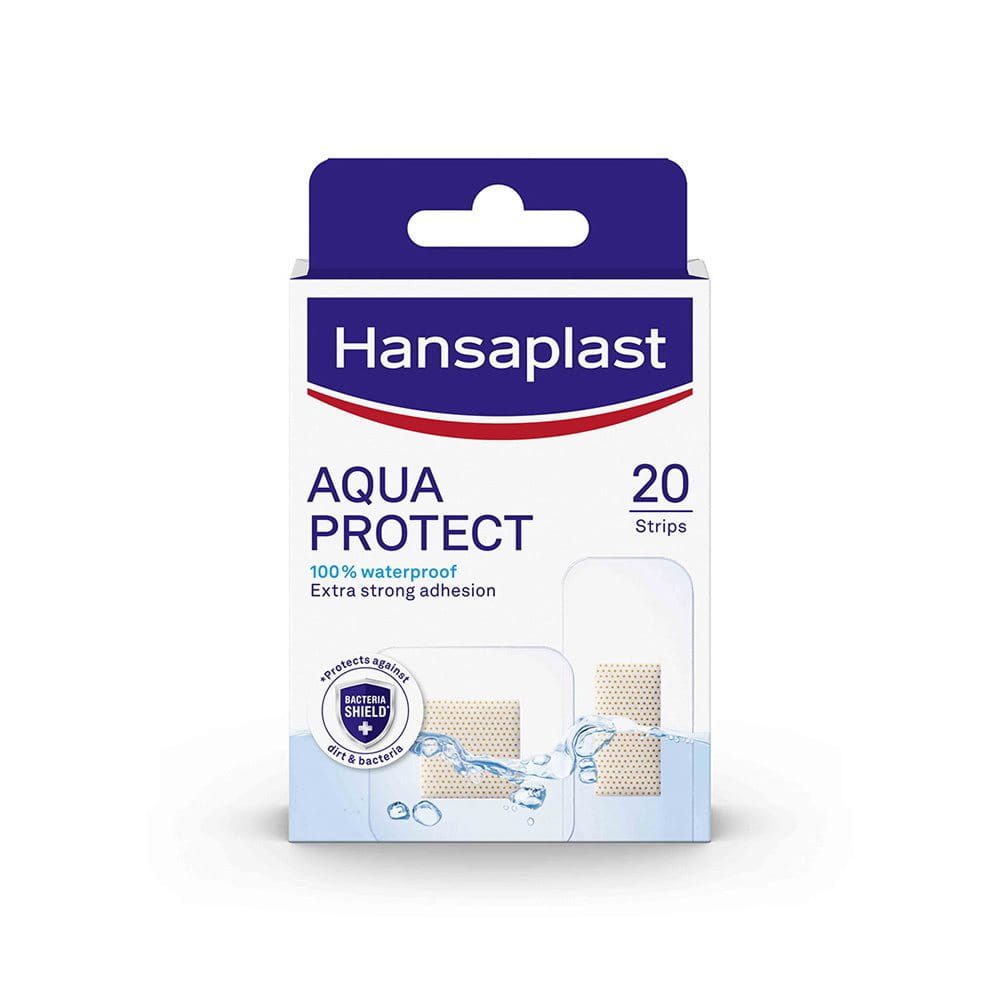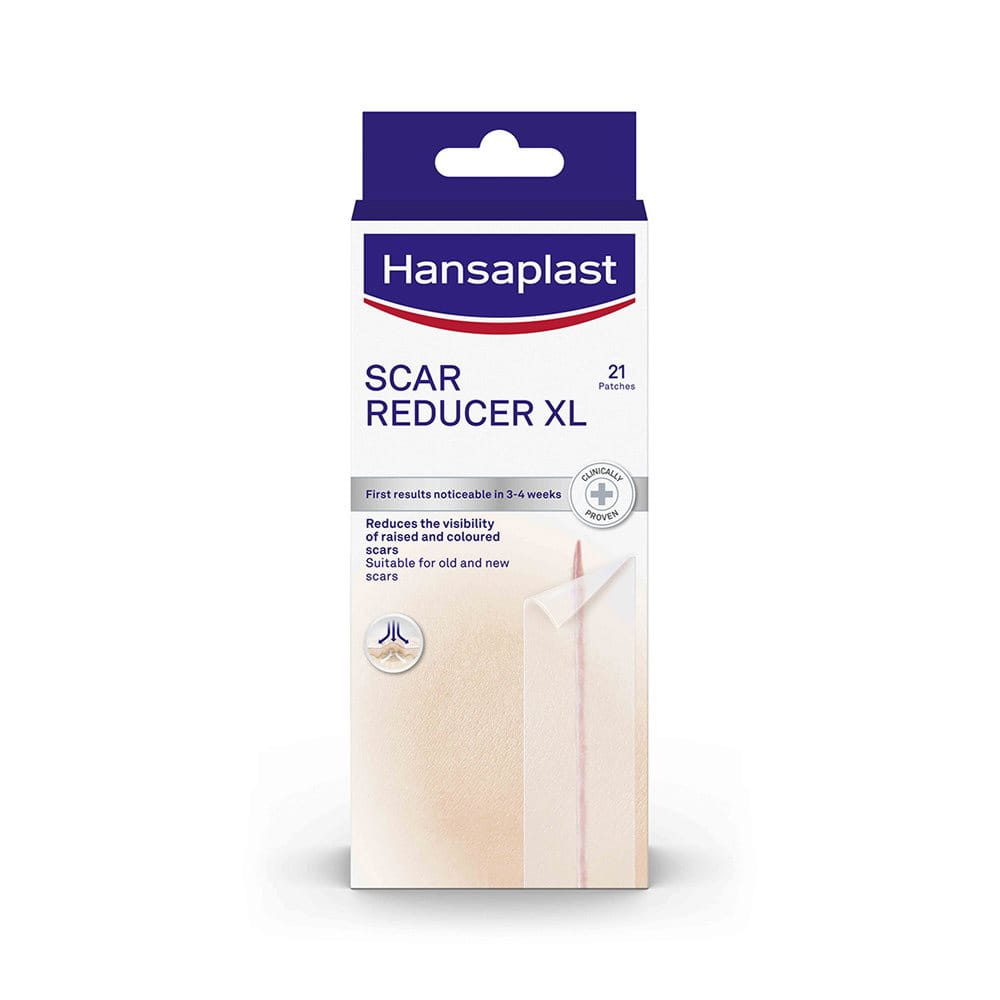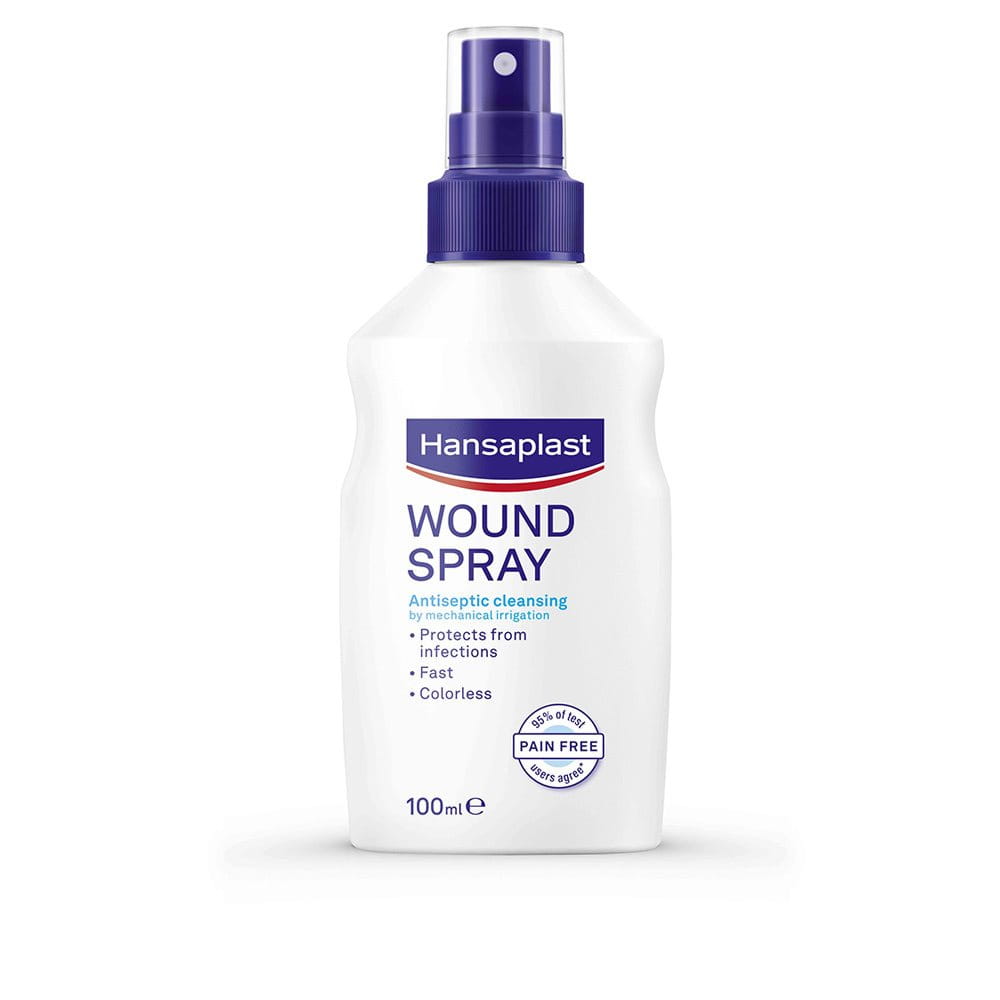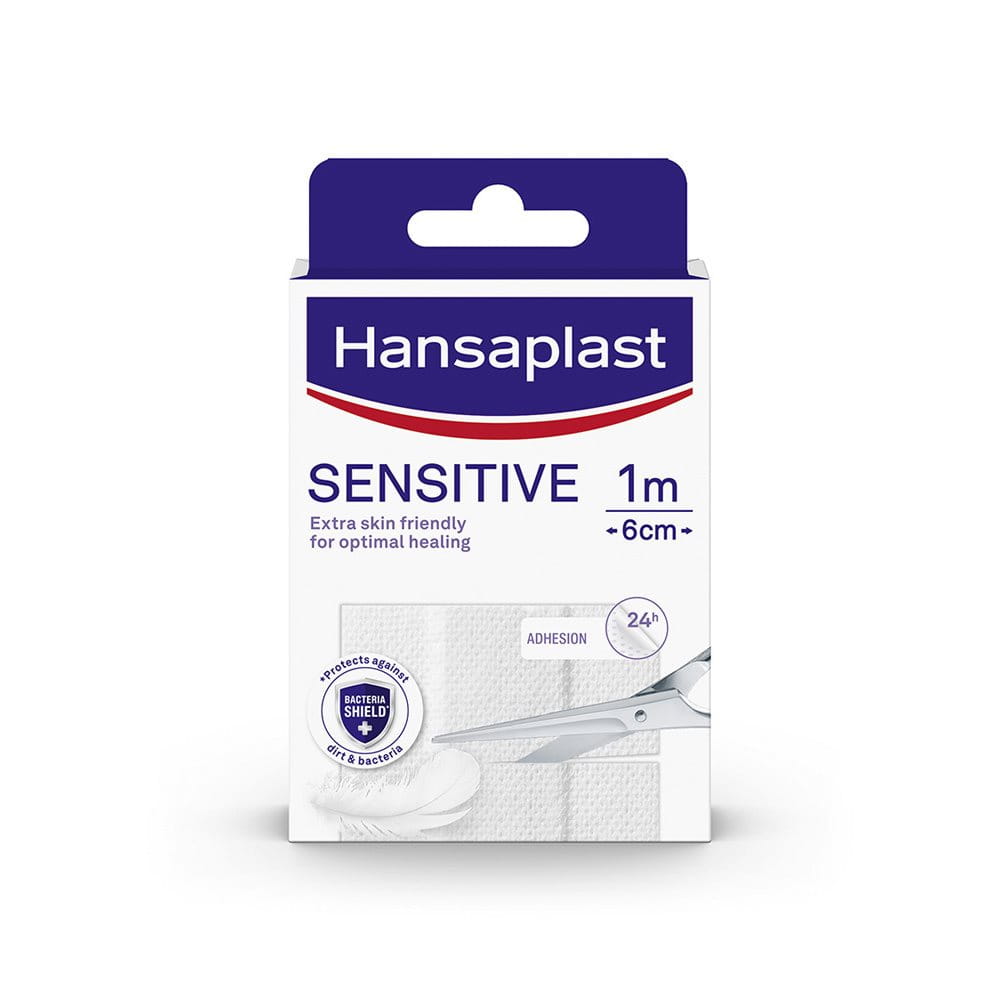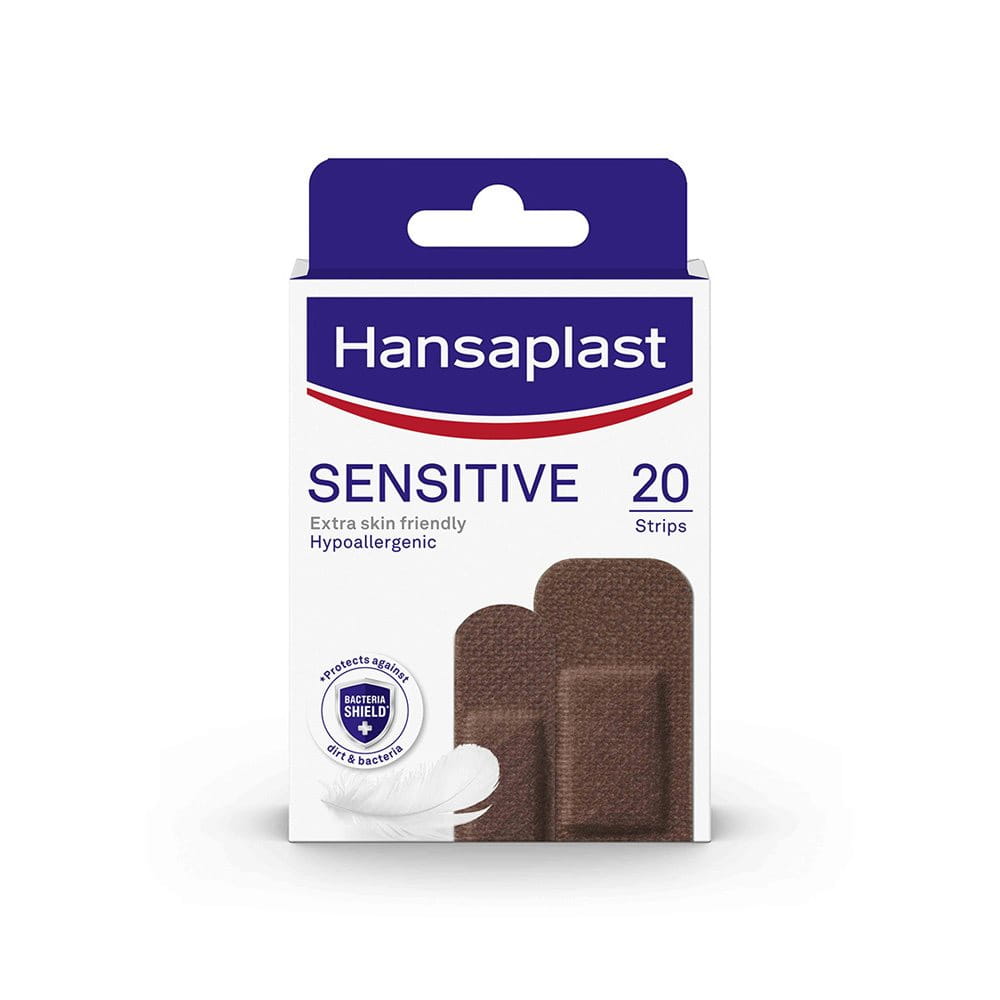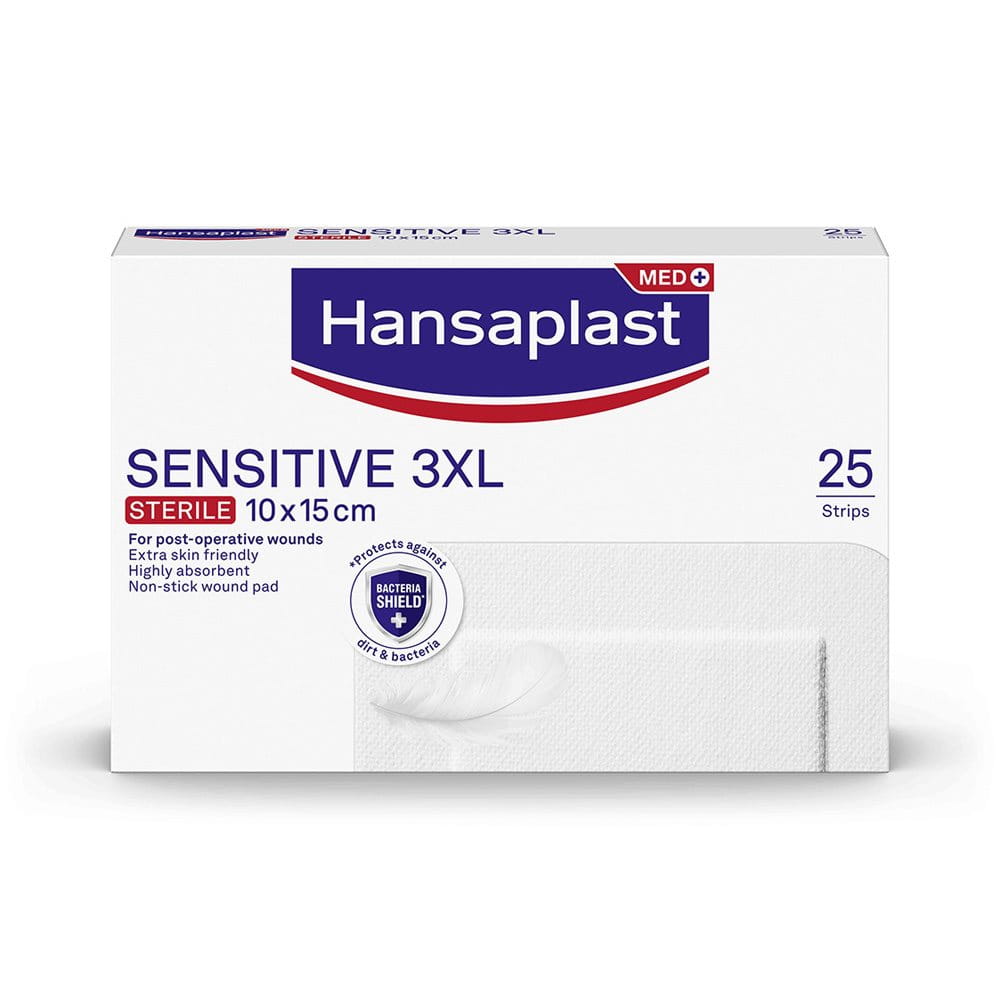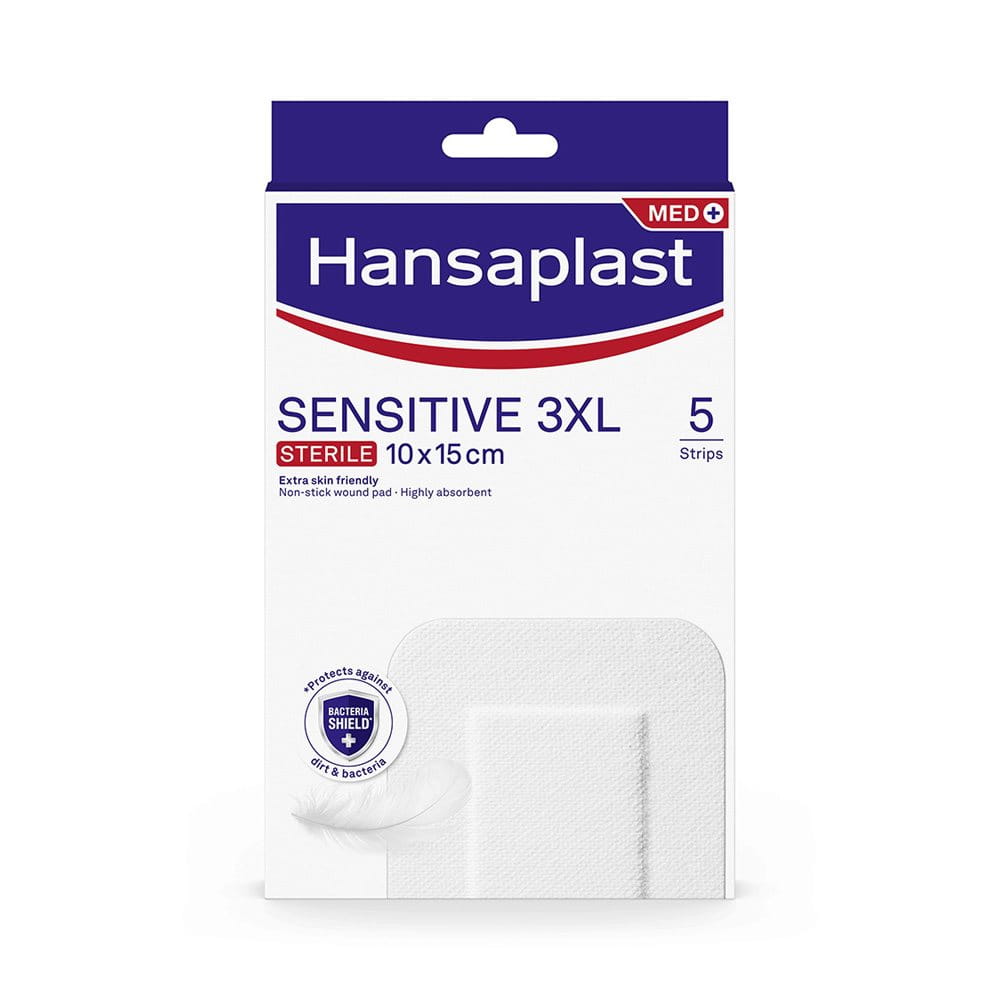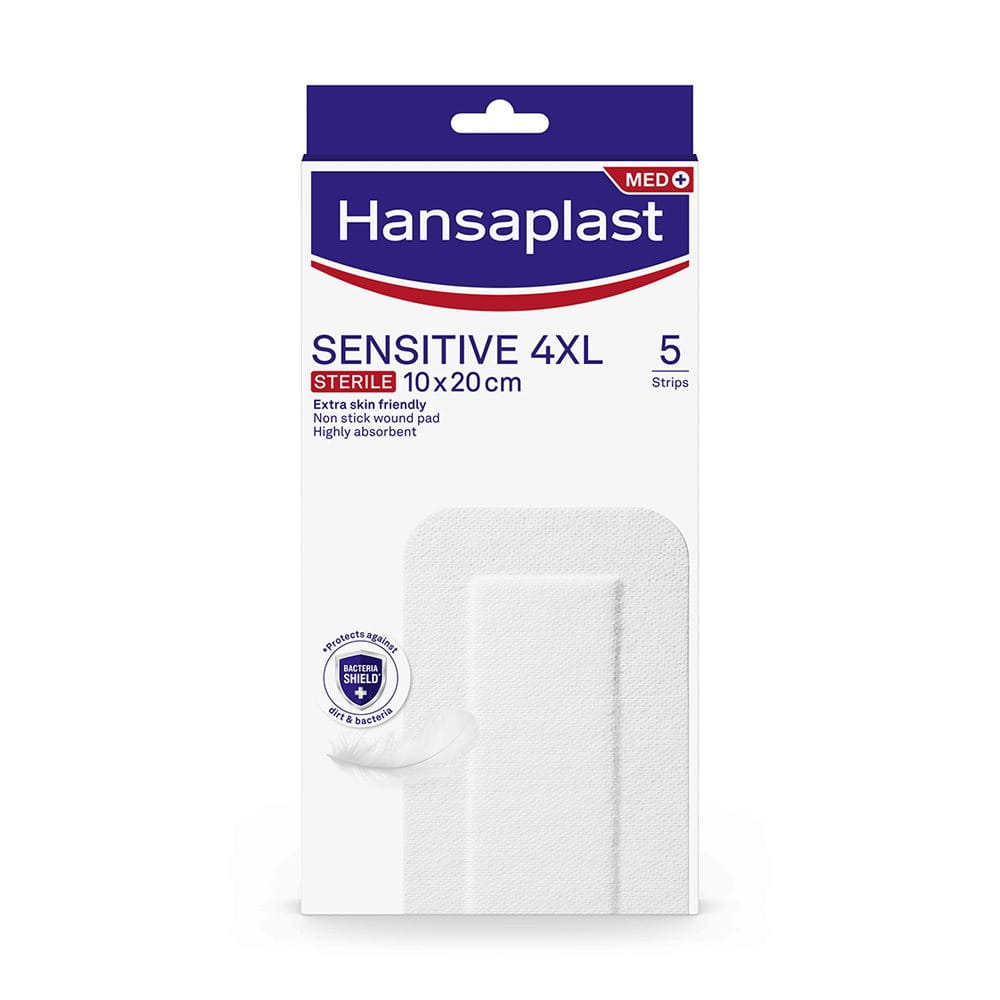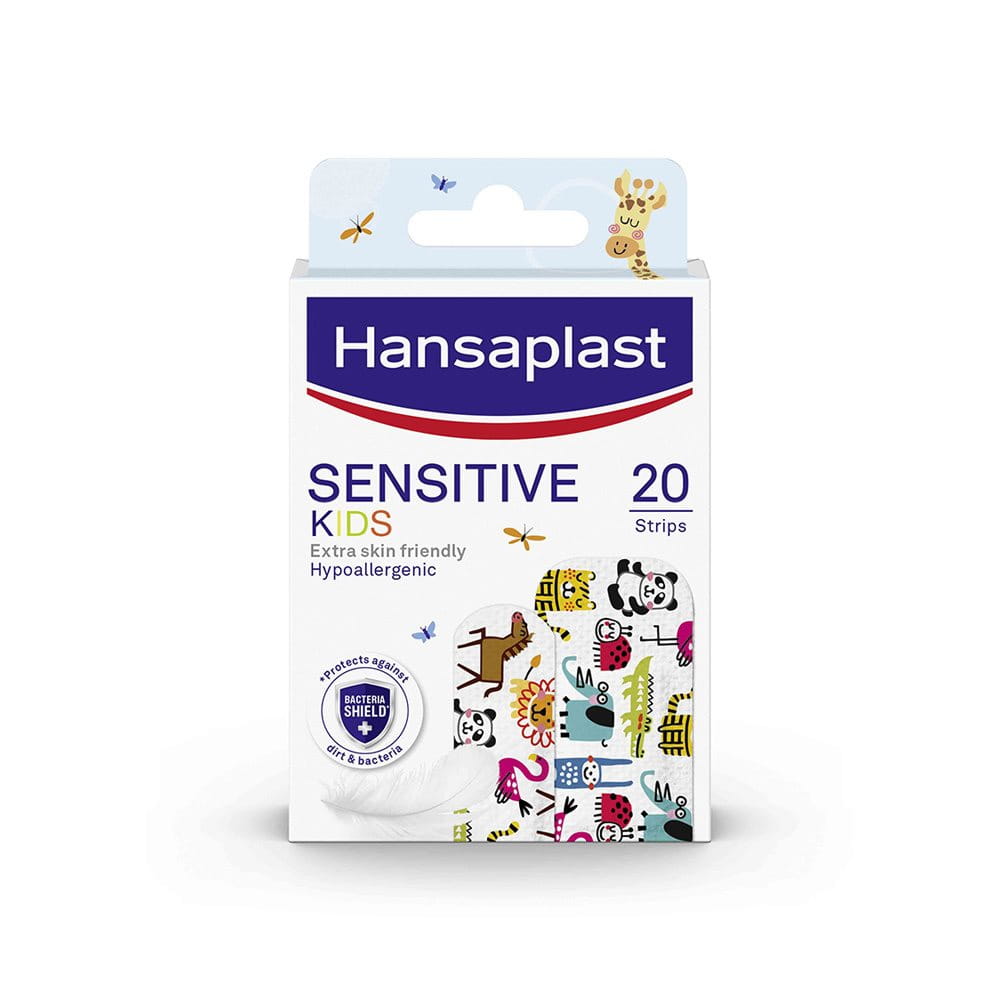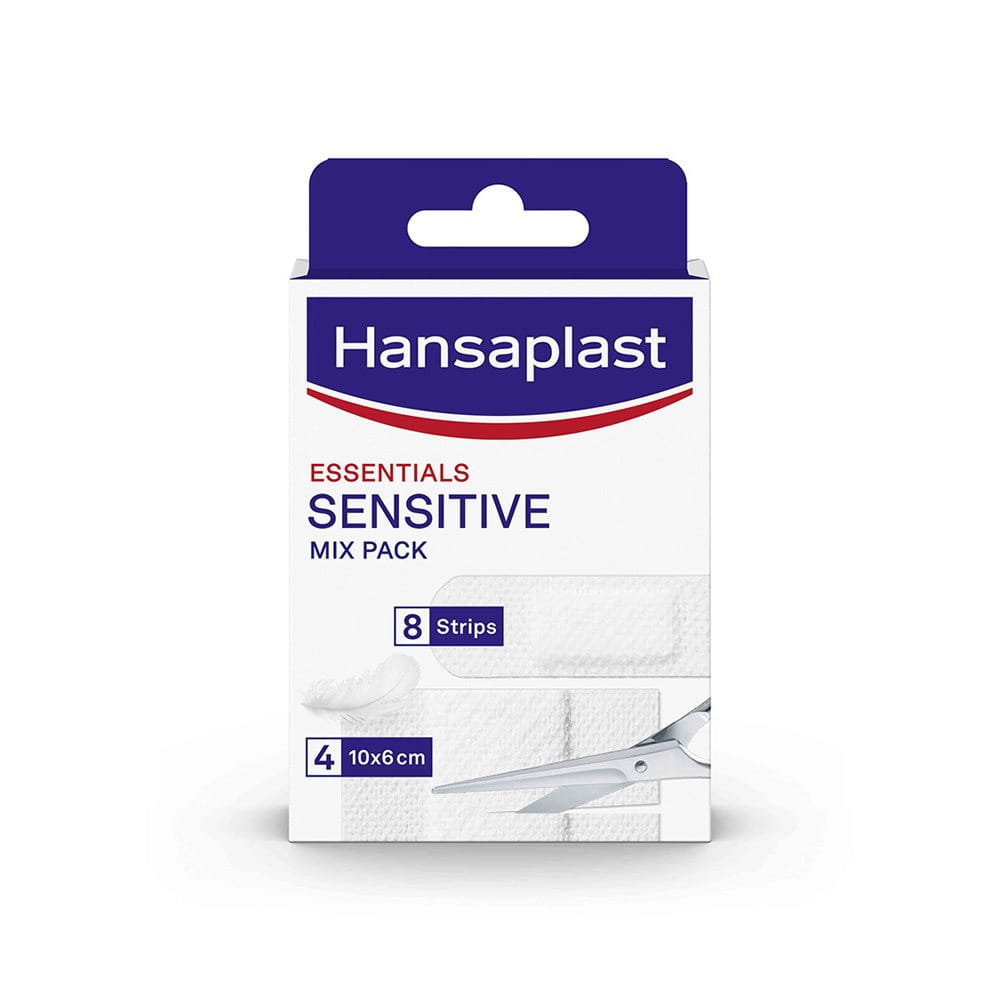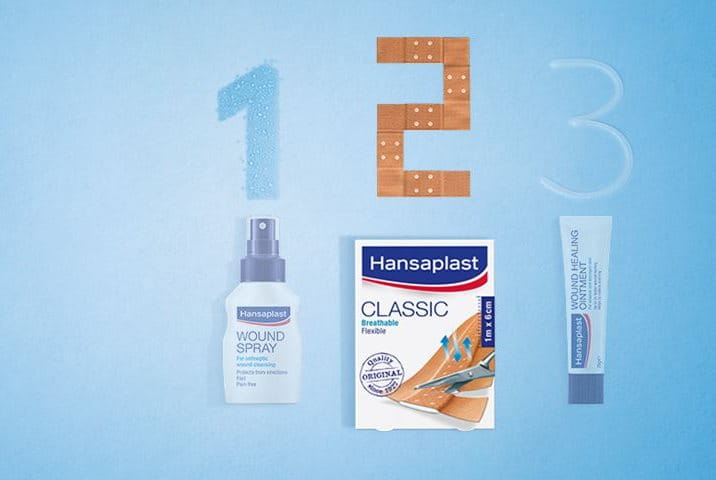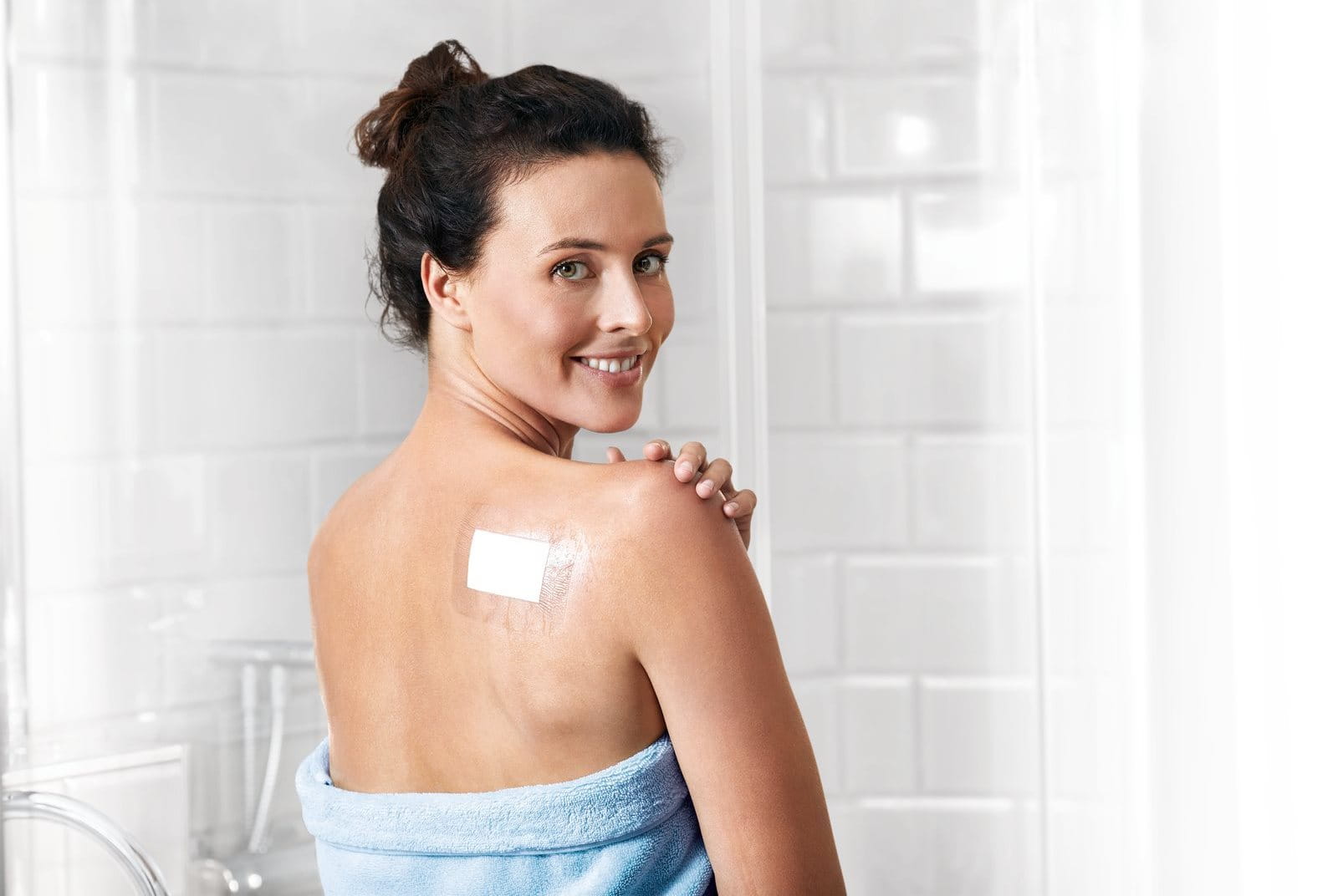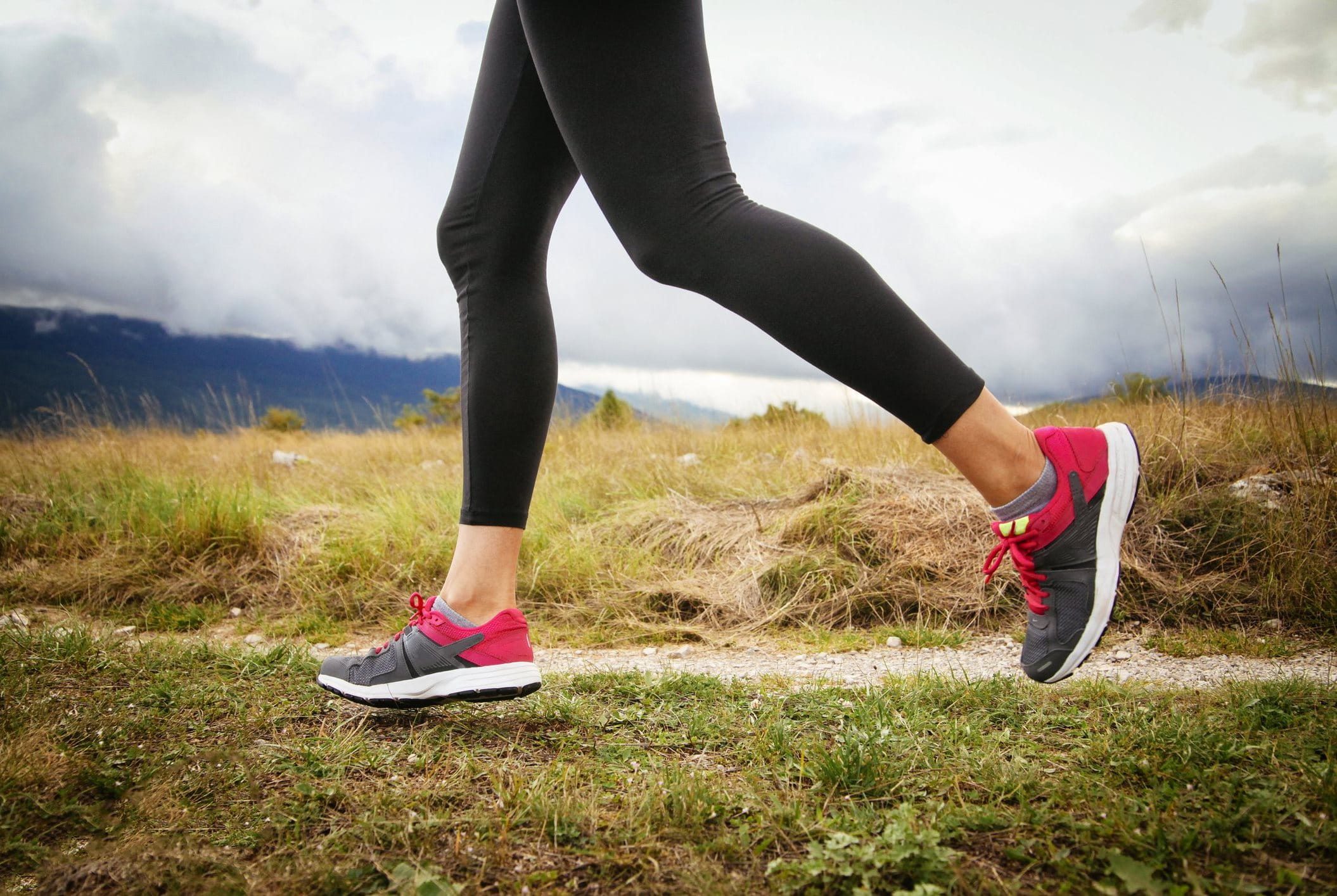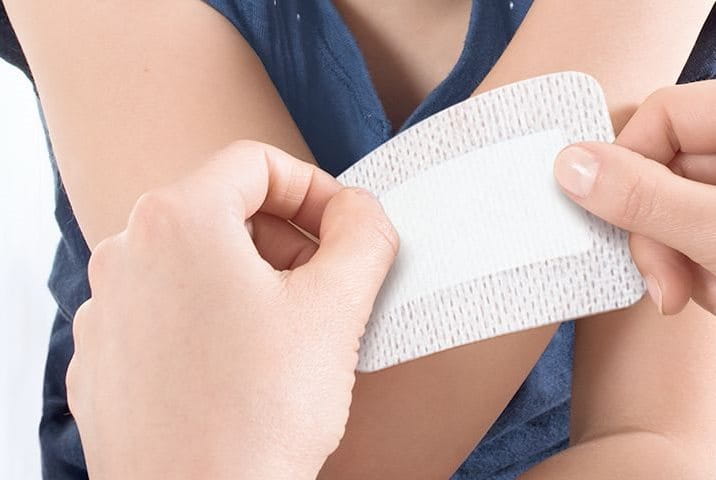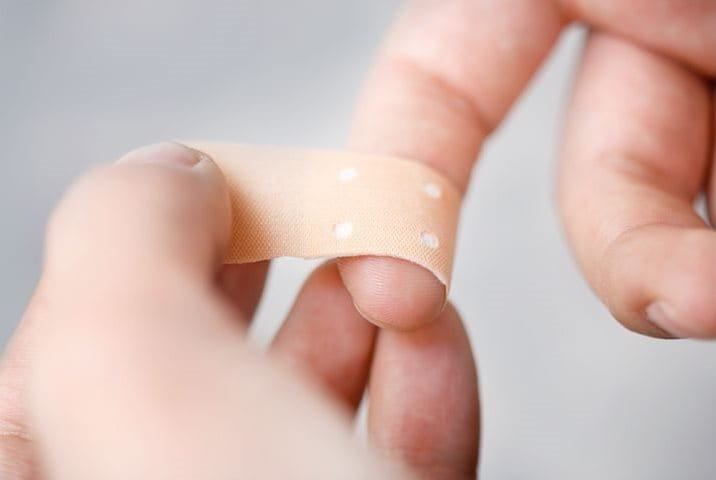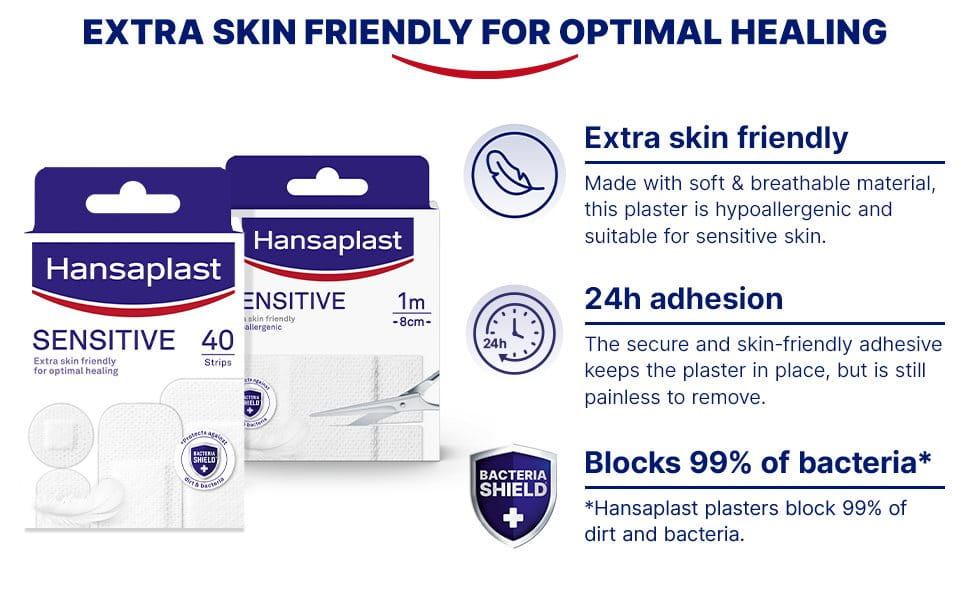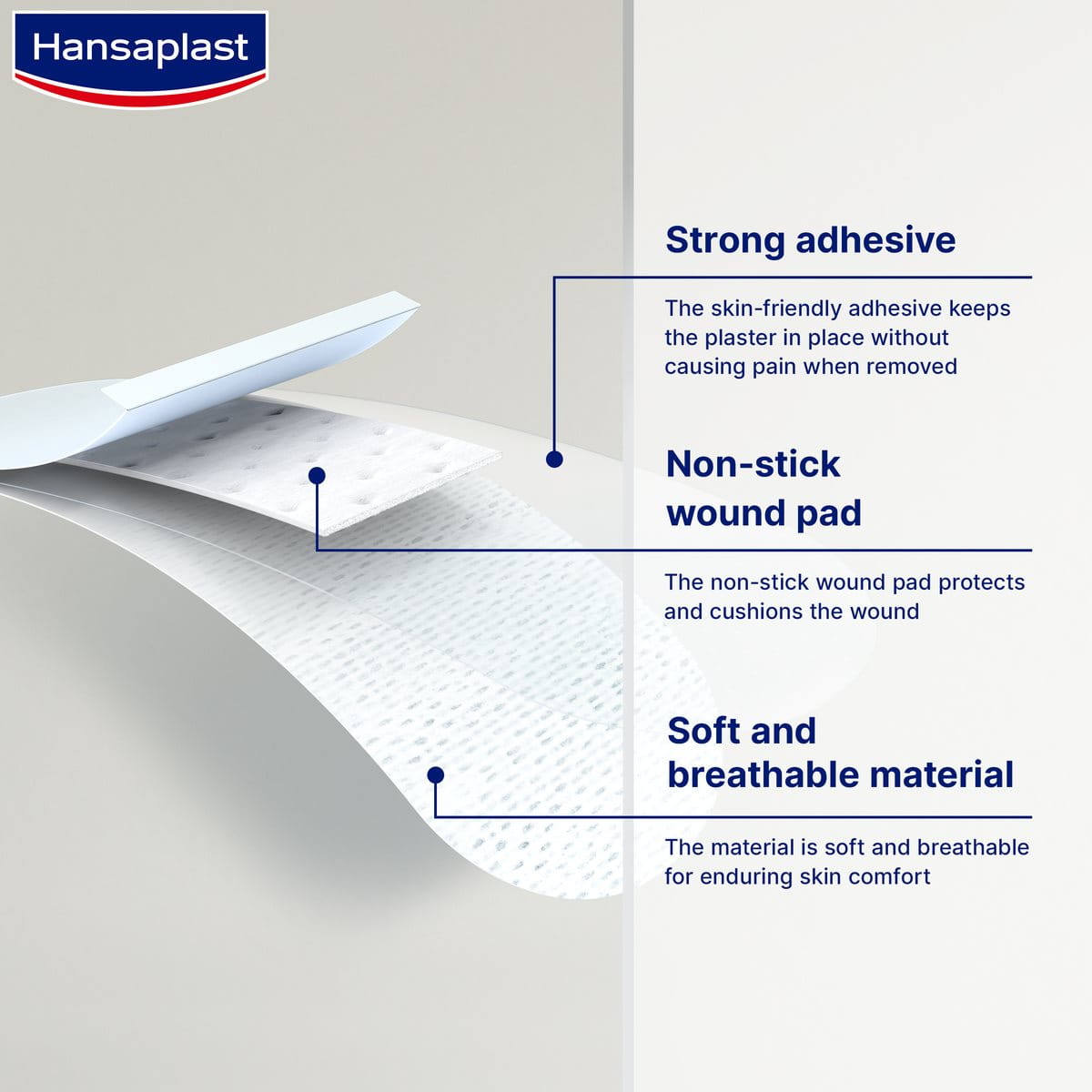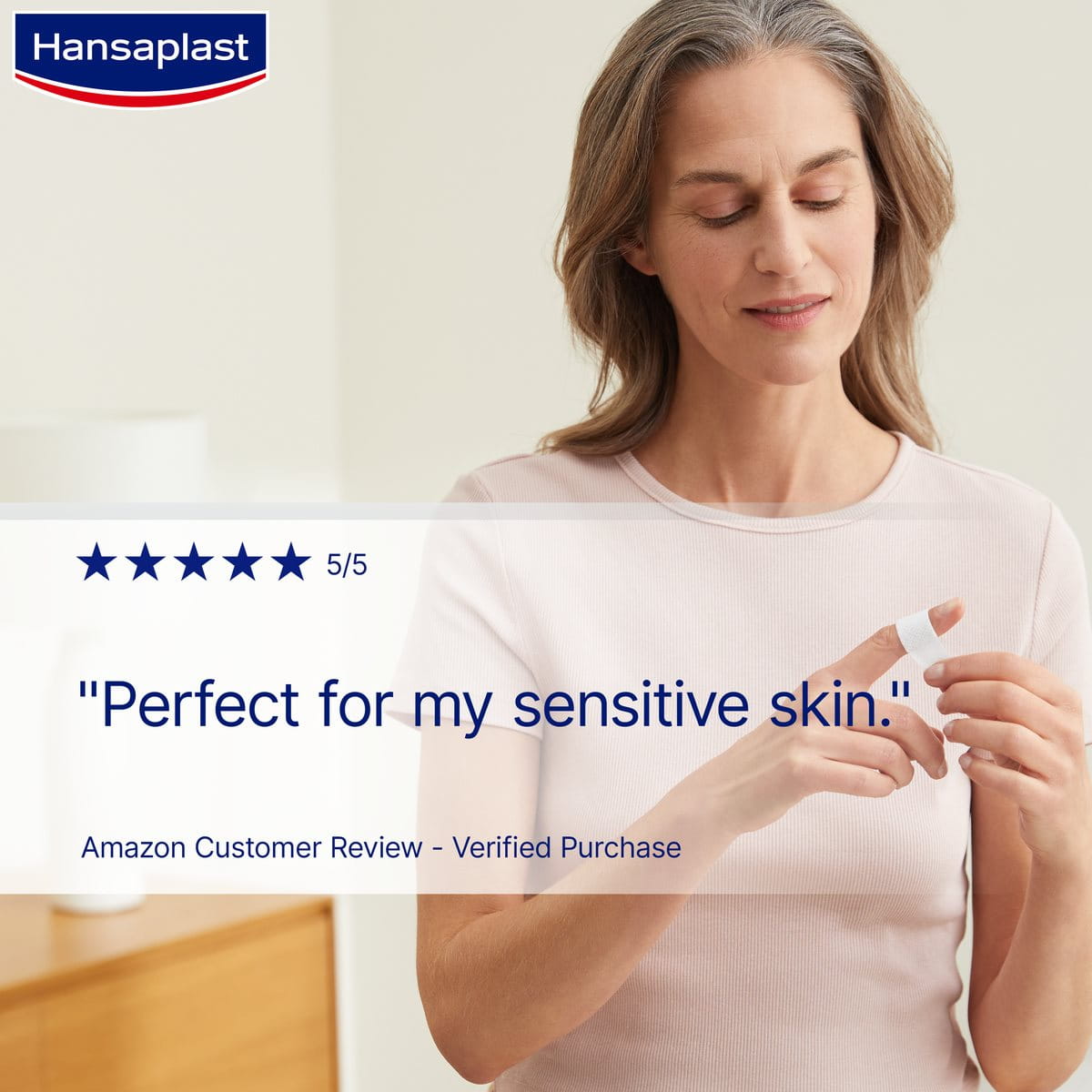1. How often should I change my plaster?
2. Is it better to let small wounds dry in the fresh air instead of putting on a plaster?
3. When should I consult a doctor?
We recommend contacting a medical professional under the following circumstances:
- if the wound is deep and causing major bleeding
- if the wound shows signs of infection such as redness, warmth, pain and swelling
- if there are embedded foreign objects in it
- in case of animal or human bites
- if the wound is in the area of the face
- if there is insufficient tetanus vaccination
- and of course always when you have questions or are uncertain.
4. What if my wound gets infected and suppurates?
5. Which plaster should I use for my sensitive skin?
